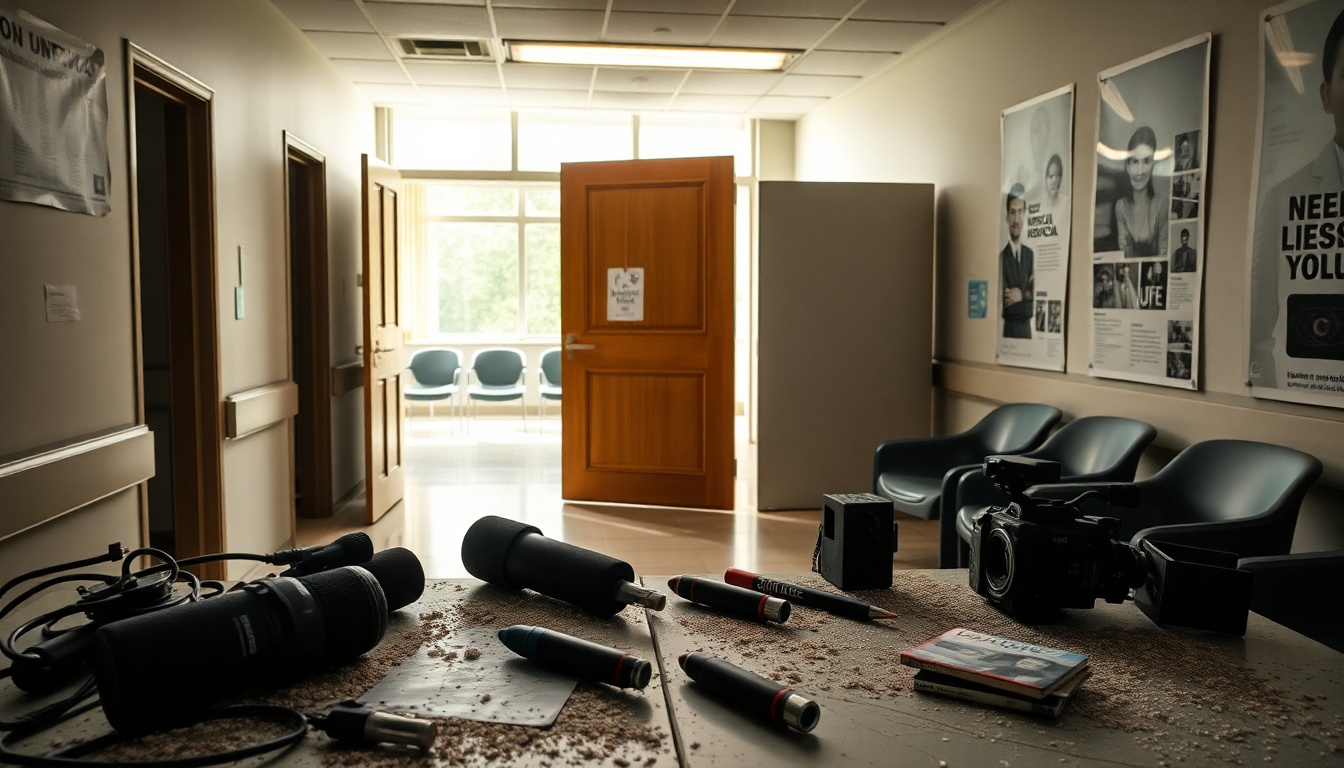Table of Contents
The television landscape is as dynamic as it is unpredictable, with shows popping up and disappearing faster than we can keep track. Recently, ABC made headlines by canceling ‘Doctor Odyssey,’ a medical drama from Ryan Murphy, after just one season. This move is particularly noteworthy since ‘Doctor Odyssey’ was the network’s only scripted show still waiting for a renewal or cancellation decision since April. As the industry shifts gears, this cancellation prompts us to ponder the factors behind network decisions and what it means for the cast and crew involved.
Cancellation Context and Industry Reaction
The cancellation of ‘Doctor Odyssey’ comes at a time when the television industry is grappling with a multitude of challenges, including changing viewer preferences and fierce competition from streaming platforms. Starring Joshua Jackson as Max Bankman, a doctor tackling medical emergencies on a luxury cruise ship, the show generated buzz but ultimately couldn’t secure a spot on ABC’s upcoming schedule.
To add to the drama, a lawsuit has been filed by three former crew members against Disney and 20th Television, alleging that the production environment fostered a culture of unchecked sexual harassment. The allegations against assistant prop master Tyler Patton included inappropriate jokes and unwanted physical contact, which undoubtedly cast a shadow over the show’s production.
This turmoil raises important questions about how networks make decisions. Will this impact lead to a more cautious approach in the development and continuation of new shows? It seems likely, as networks strive to protect their reputations and ensure a positive working environment for their talent.
The Impact on the Cast and Crew
The cast of ‘Doctor Odyssey’ featured notable talents like Phillipa Soo and Don Johnson, along with a recurring ensemble that included Jacqueline Toboni and Marcus Emanuel Mitchell. The cancellation not only marks the end of their collective efforts but also leaves many wondering about their next moves. Actors pour their time and energy into their roles, and when a show abruptly gets the axe, it can throw their career plans into disarray.
In the wake of such cancellations, the industry often sees a reshuffling of talent as actors and crew members hunt for new opportunities. For the cast, this often means diving back into auditions or seeking collaborations on other projects. While the uncertainty can be daunting, the resilience of these professionals frequently opens new doors in their careers.
And let’s not forget about the crew. The sudden end of a series can hit them hard too, making it tough to find immediate employment in a competitive job market. The ripple effects of a cancellation extend beyond the on-screen talent, shaping broader industry dynamics.
Future Considerations for Networks and Producers
As the television landscape keeps evolving, networks must stay on their toes to navigate the shifting tides. The lessons learned from the cancellation of ‘Doctor Odyssey’ can serve as a valuable reference for future productions. In a world where streaming services reign supreme, traditional networks face the double challenge of attracting viewers while maintaining a solid reputation.
Moreover, we can’t overlook the critical need for a safe and respectful working environment. Moving forward, producers and networks must prioritize the well-being of their teams to spark creativity and innovation. The public’s reaction to issues of harassment and workplace culture is likely to influence network decisions, potentially resulting in tighter oversight.
In conclusion, the cancellation of ‘Doctor Odyssey’ highlights the complex nature of the television industry. As it navigates external pressures and internal controversies, the future may seem uncertain. However, this also opens up avenues for growth and improvement, making it an intriguing time for both creators and viewers alike.


